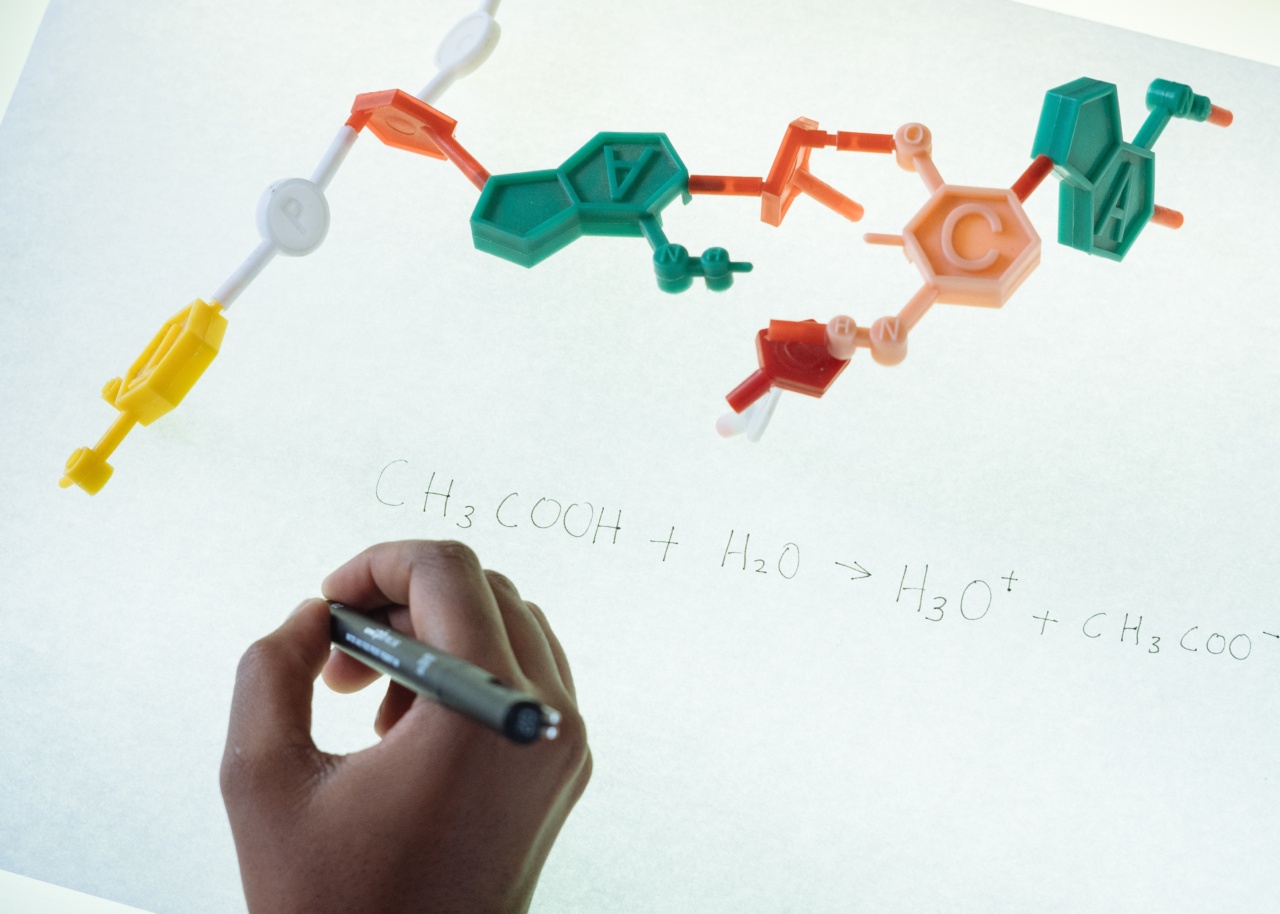For centuries, the concept of masculinity has been deeply ingrained in society, defining expectations and roles for men. However, in recent times, there seems to be a growing belief that the traditional “male molecule” has diminished.
With the rise of gender equality movements, evolving societal norms, and changing dynamics in various fields, this assertion has gained momentum. But is there any truth to it? Let’s explore whether the male molecule has indeed diminished over time or if it’s simply a figment of our imagination.
The Changing Role of Men
One of the main arguments put forth to support the idea of the male molecule’s decline is the changing role of men in society.
In the past, traditional gender roles confined men primarily to breadwinning and provider roles, while women were expected to focus on domestic responsibilities. However, this rigid dichotomy has gradually eroded over time, allowing men to explore diverse career paths and actively participate in household chores and childcare.
This shift signifies progress towards gender equality rather than the diminishment of the male molecule.
Men’s expanding roles and involvement in nurturing, caregiving, and emotional support demonstrate their ability to encompass a broader range of qualities traditionally associated with femininity.
Education and Employment Opportunities
Another aspect often cited as evidence of the male molecule’s diminishing power is the changing landscape of education and employment. Historically, men dominated higher education institutions and held leadership positions across industries.
However, in recent years, the gender balance has started to shift.
Women are now excelling in education and securing high-profile positions that were once predominantly occupied by men.
While this shift might raise questions about the male molecule, it is crucial to recognize that it represents progress rather than a decline. Gender should not define one’s ability to succeed academically or professionally.
Male Mental Health
One area that has received significant attention in recent times is male mental health. Traditionally, men have been conditioned to suppress their emotions, reinforcing the notion that vulnerability is a sign of weakness.
Consequently, this has led to high rates of depression, anxiety, and suicide among men.
However, acknowledging the importance of mental health and challenging societal norms has started to redefine the male experience. Encouraging open dialogue, breaking down stigmas, and promoting seeking help when needed have become key initiatives.
Rather than a decline, this implies a necessary shift towards an inclusive understanding of masculinity that promotes emotional well-being.
Masculinity in the Media
The portrayal of masculinity in the media has experienced significant transformations in recent decades. Historically, men were often presented as stoic, aggressive, and domineering figures.
This narrow representation not only reinforced stereotypical gender roles but also limited the spectrum of acceptable masculine behaviors.
Today, however, the media landscape has evolved to embrace a more diverse range of masculine identities.
Complex and nuanced characters challenge traditional notions of masculinity, revealing vulnerability, empathy, and a willingness to express emotions. These representations offer a broader and more realistic view of masculinity instead of eroding its presence.
The Male Molecule’s Resilience
While various factors have contributed to the changing dynamics surrounding masculinity, the concept itself remains resilient. The male molecule, rather than diminishing, is evolving to encompass a broader spectrum of qualities and identities.
Men are redefining what it means to be masculine by embracing empathy, nurturing, and emotional intelligence.
The real transformation lies in acknowledging and celebrating the inherent diversity within masculinity. It no longer relies on rigid stereotypes but celebrates authenticity and encourages individuals to break free from societal expectations.
The Importance of Inclusion
While it is vital to recognize the progress made towards gender equality, it is equally essential to acknowledge the challenges that remain.
The male molecule may not have diminished, but the goal should be to create a society that upholds inclusivity for all individuals, regardless of their gender.
Ongoing efforts are necessary to ensure that everyone, regardless of their gender, feels empowered and free to express themselves authentically.
By fostering an inclusive environment, we can dismantle harmful stereotypes and create a world where individuals are free to embrace their unique identities and strengths.
The Male Molecule: Fact or Fiction?
As we analyze the various aspects of the male molecule’s supposed decline, it becomes evident that the notion itself is more fiction than fact.
The changing dynamics of gender roles, shifts in education and employment, the focus on mental health, and evolving media portrayals all indicate progress and an expanded understanding of masculinity.
Instead of seeing the male molecule as diminishing, we should view it as an ever-evolving concept, capable of adapting to the changing needs and values of society.
Embracing diversity and inclusivity within masculinity allows men to feel more comfortable exploring different aspects of their identities while challenging harmful stereotypes.
Ultimately, it is not about the male molecule diminishing or losing power, but about redefining masculinity to create a more equal, empathetic, and compassionate world for all individuals, regardless of their gender.






























